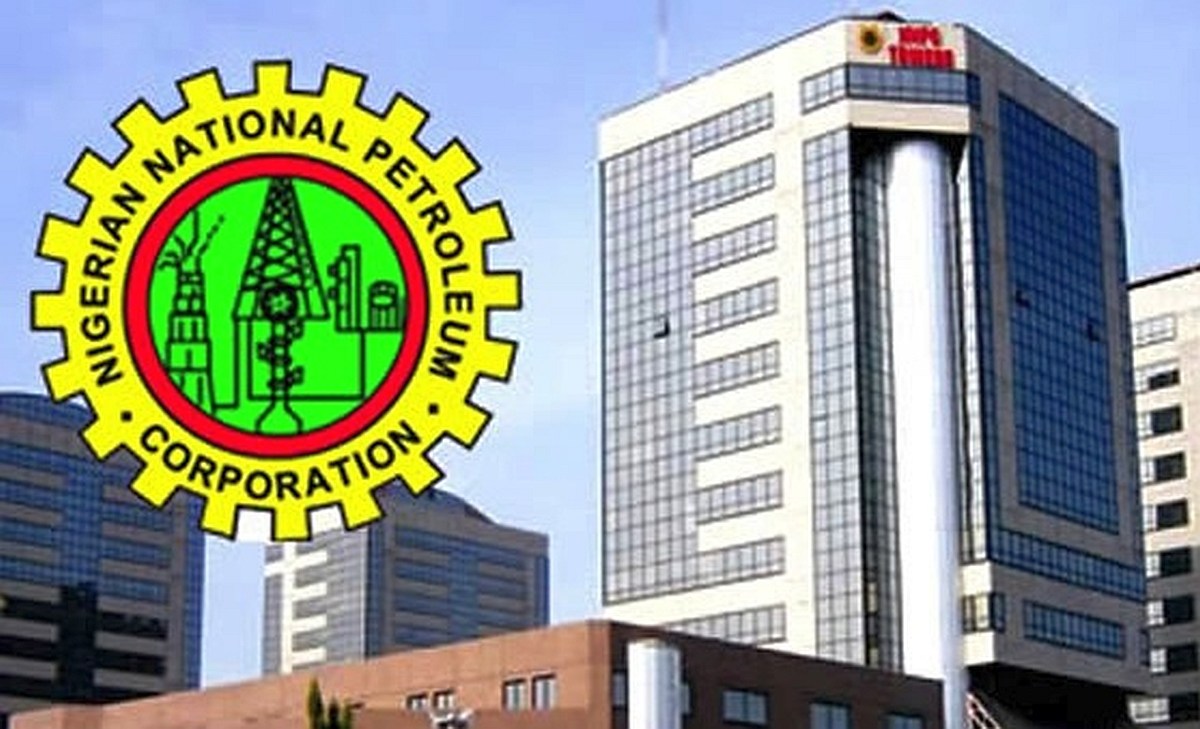Nigerian National Petroleum Corporation NNPC, is in the final stage of signing $6 billion worth of deals to exchange more than 300,000 barrels per day (bpd) of crude oil for imported gasoline and diesel, sources with direct knowledge of the process told Reuters. But when contacted, Group General Manager, Group Public Affairs Division of the NNPC, Mr. Ndu Ughamadu, said he is not aware of any contract signing in that regard.
The list of the 10 groupings are Trafigura and AA Rano 33,000 bpd; Petrocam, Rainoil/Falcon 33,000 bpd; Crest, Mocoh, Heyden 33,000 bpd; Cepsa, Oando 33,000 bpd; Sahara, SIR 33,000 bpd;
Mercuria, Matrix/Rahmaniya 33,000 bpd; Socar, Hyde 33,000 bpd.
Others are Litasco, MRS 33,000 bpd; Vitol, Varo 33,000 bpd; Total 33,000 bpd;
The 10 groupings each has 330,000 bpd
The contracts, which come three months later than expected, include three more pairs of companies than last year, reflecting Nigeria’s increased reliance on NNPC for fuel imports. A lack of local refining capacity means Nigeria is reliant on imported gasoline, kerosene and other petroleum products.
At least four of the 10 groups have signed contracts, set to begin from July 1, with the rest expected to do so by Friday, the sources said. The NNPC, which is due to approve them by the end of the
week, did not immediately respond to a request for comment. The fuel quality in the final agreements was not immediately clear, but July 1 is the same deadline the country set for switching over to higher quality, lower-sulphur fuels that create less toxic fumes.
Sulphur levels were a major sticking point in the negotiations. The Ministry of Environment and the Standards Organization of Nigeria, the body responsible for setting requirements for imported goods, promised a switch to 150 ppm gasoline and 50 ppm diesel. Some sources said the new standards would be applied. Others
reported that three different gasoline specifications – 1,500 ppm, 500 ppm and 150 ppm – would all be included in the contracts, giving NNPC options on which to import.
This year’s deal includes international trading houses, not just oil refineries. The 2016 contracts included only companies with refineries in an effort to cut out middlemen. The latest list contains several companies from 2016, including Varo Energy, Societe Ivorienne de Raffinage (SIR), Total and Cepsa. Italy’s ENI and India’s Essar, which won 2016 contracts, are absent from this year’s list, while Socar and Mercuria are new additions.
The contracts were initially planned to begin in April but last year’s swap deals were extended at least twice in order to give NNPC more time to negotiate. NNPC had previously said this year’s contracts would exchange up to 800,000 bpd of crude oil, though at some 40 percent of peak exports that target was seen by markets as unlikely. NNPC has been forced to ramp up its own fuel imports to around 80 percent of Nigeria’s consumption, according to figures from the company and oil traders.
Nigeria has substantially increased its refining output this year but the first quarter average was still only about 25 per cent of its 445,000 bpd capacity. It has struggled to run them at higher rates due to years of neglect and consistent theft and sabotage of the pipelines feeding the refineries.
It is not clear if the NNPC had replaced the crude oil term contract with the crude oil swap programme, which it had planned to scrap due to the numerous controversies that trailed the scheme.
In January this year, the NNPC had announced 39 companies as winners of the 2017/2018 crude oil term contract, for the purchase and lifting of Nigeria’s crude oil.
Announcing the results in Abuja, the Group General Manager, Crude Oil Marketing Division (COMD) of the NNPC, Mr. Mele Kyari had stated that the contract would run for one year effective 1st January 2017 for consecutive twelve circles of crude oil allocation.
The successful bidders, the NNPC had stated then, consists of 39 winners with 18 Nigerian Companies, 11 International traders, five foreign refineries, three National Oil Companies (NOCs) and two NNPC trading arms.

